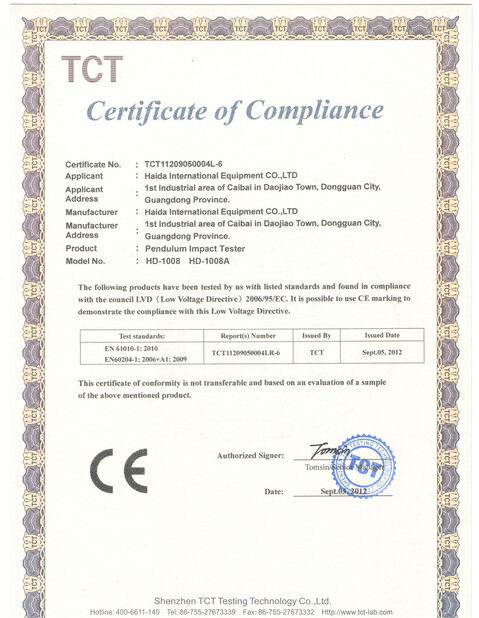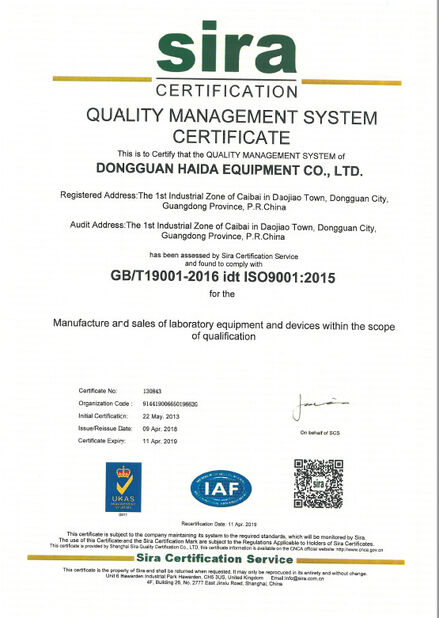Automobile metal materials and their structures have an important impact on the performance, safety and reliability of automobiles. Automotive metal material manufacturers should comprehensively consider factors such as material performance, durability, lightweight, processability, sustainability and cost-effectiveness to meet the needs of automakers and provide high-quality metal materials.

The mechanical properties of metal materials are crucial.
The mechanical properties of metal materials include:
Tensile strength---The ability of a material to resist tensile loading, often used to measure the strength of metals
Yield strength---the stress value at which a material begins to plastically deform during a tensile test. It marks the point at which the material begins to deform. It is often used to design the structure of a vehicle.
Elastic modulus --- measures the stiffness of the material within the elastic deformation range. Materials with high elastic modulus return to their original shape faster after being stressed, which has an impact on the stability and control performance of the vehicle.
Hardness---indicates the material's ability to resist local scratches or indentations. Automotive parts usually need to have appropriate hardness to resist wear and wear failure
Toughness---Toughness is the ability of a material to absorb energy when subjected to impact loads or other stresses. High toughness is critical to vehicle safety as it reduces the impact of a crash
Creep resistance---Creep is the phenomenon of gradual deformation of materials under continuous loading at high temperatures. Materials in high-temperature areas such as automobile engine parts need to have good creep resistance
Fatigue limit---The fatigue limit is the highest stress level at which a material maintains performance under multiple cyclic loadings. Materials with high fatigue limits are critical to vehicle durability
Density – Density is the ratio of a material’s mass to its volume and is critical to the lightweight design of automobiles because lighter vehicles generally have better fuel efficiency and performance
Thermal expansion coefficient---The thermal expansion coefficient indicates the degree of linear expansion of a material when it heats up. In high-temperature applications such as engines and exhaust systems, the thermal expansion properties of the material need to be considered.

Haida universal testing machine can help automotive material manufacturers test the tensile strength, yield strength and toughness of corresponding materials. And cooperate with Haida temperature chamber to test high temperature creep and thermal expansion performance.

 Your message must be between 20-3,000 characters!
Your message must be between 20-3,000 characters! Please check your E-mail!
Please check your E-mail!  Your message must be between 20-3,000 characters!
Your message must be between 20-3,000 characters! Please check your E-mail!
Please check your E-mail! 

